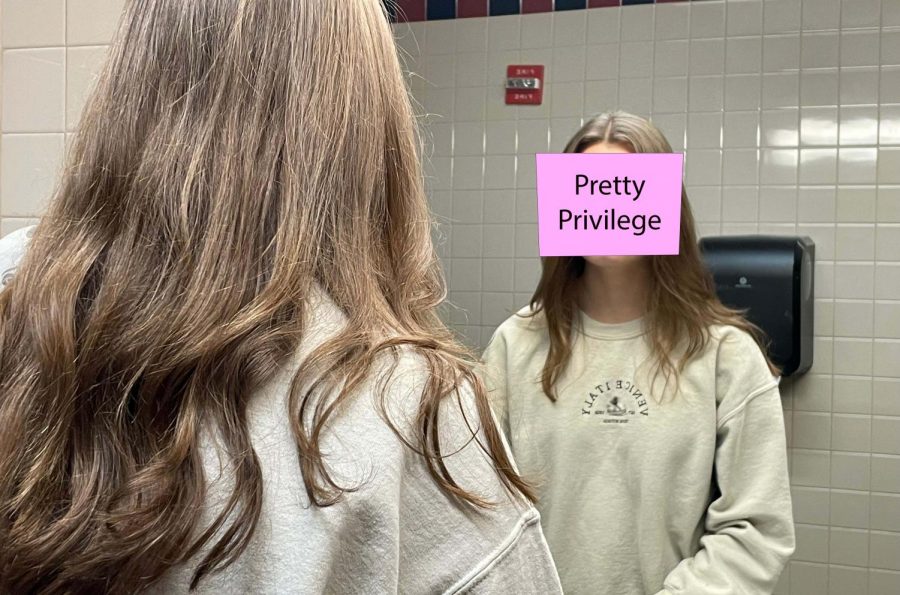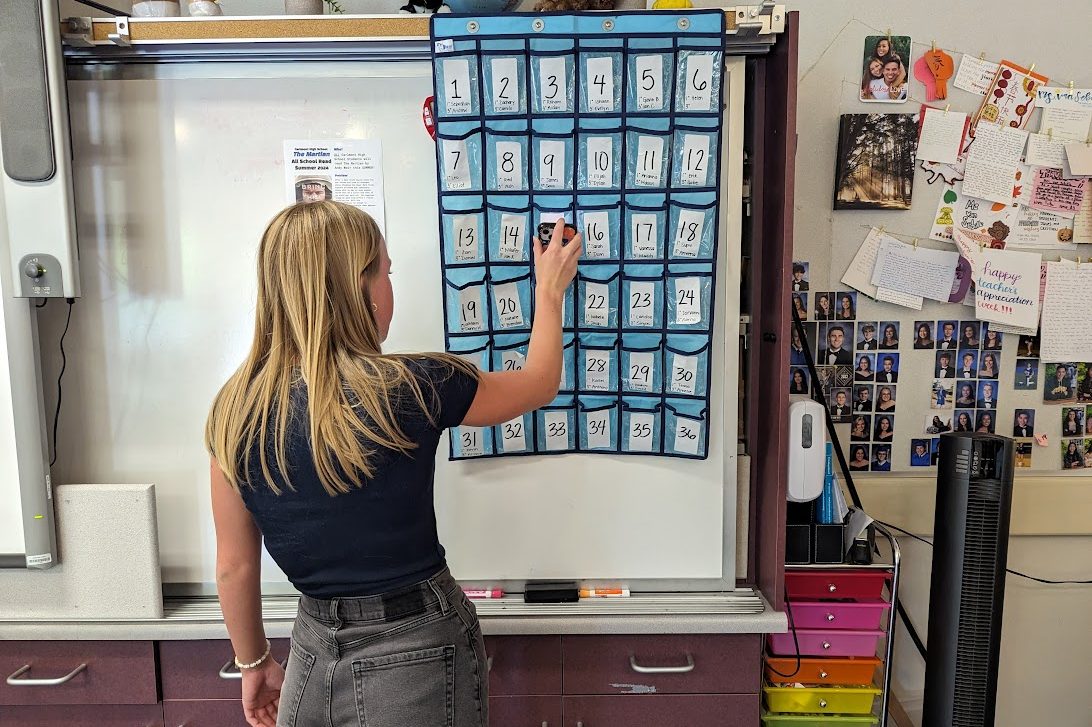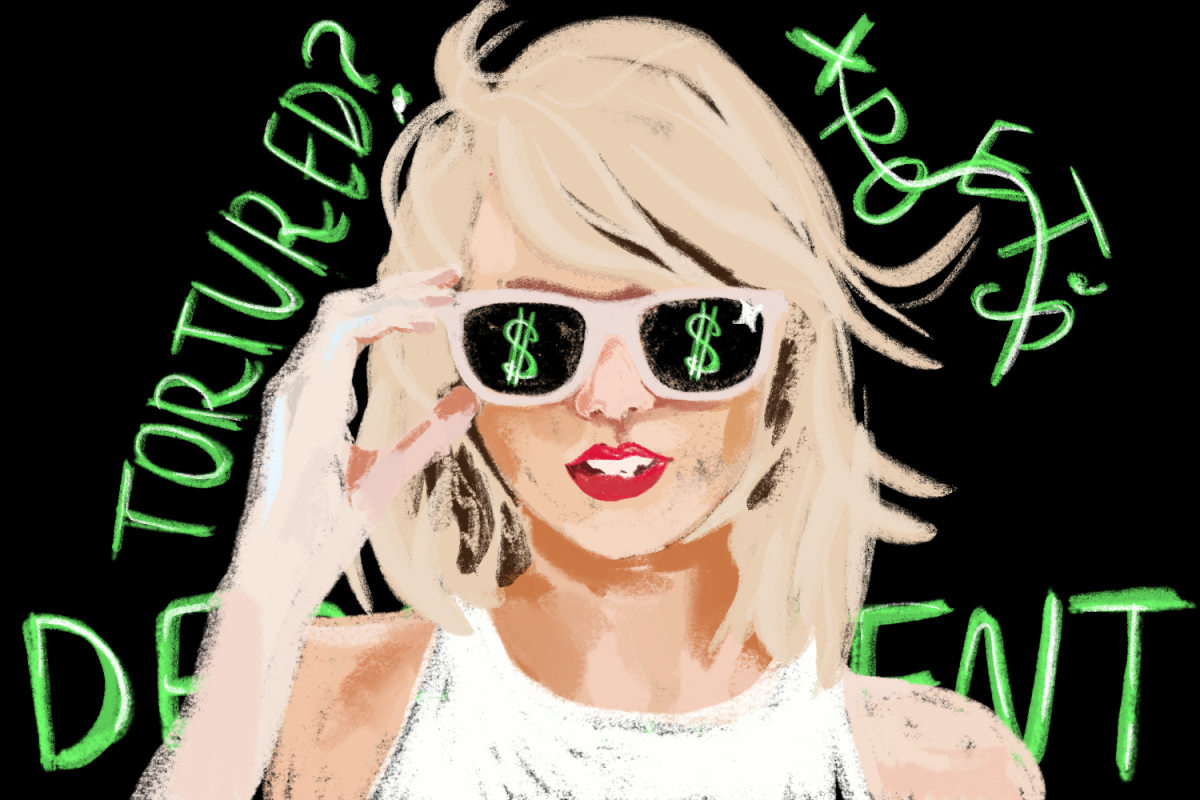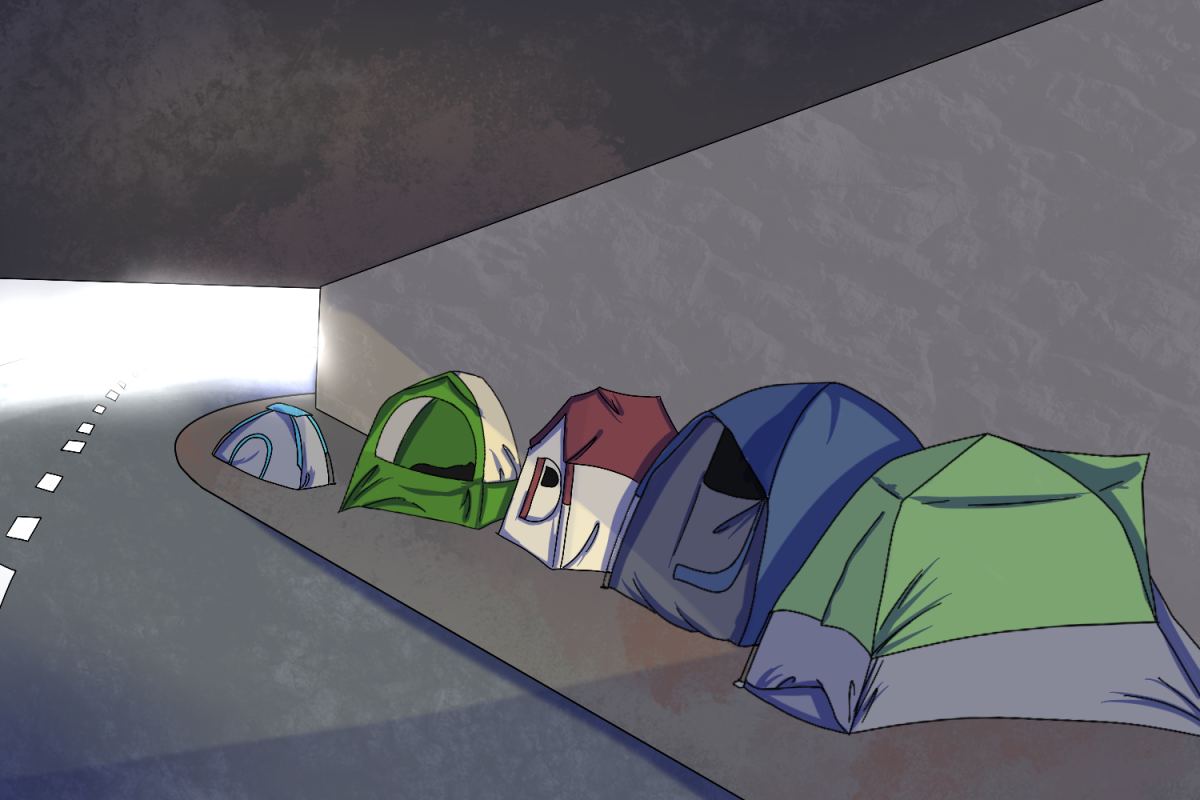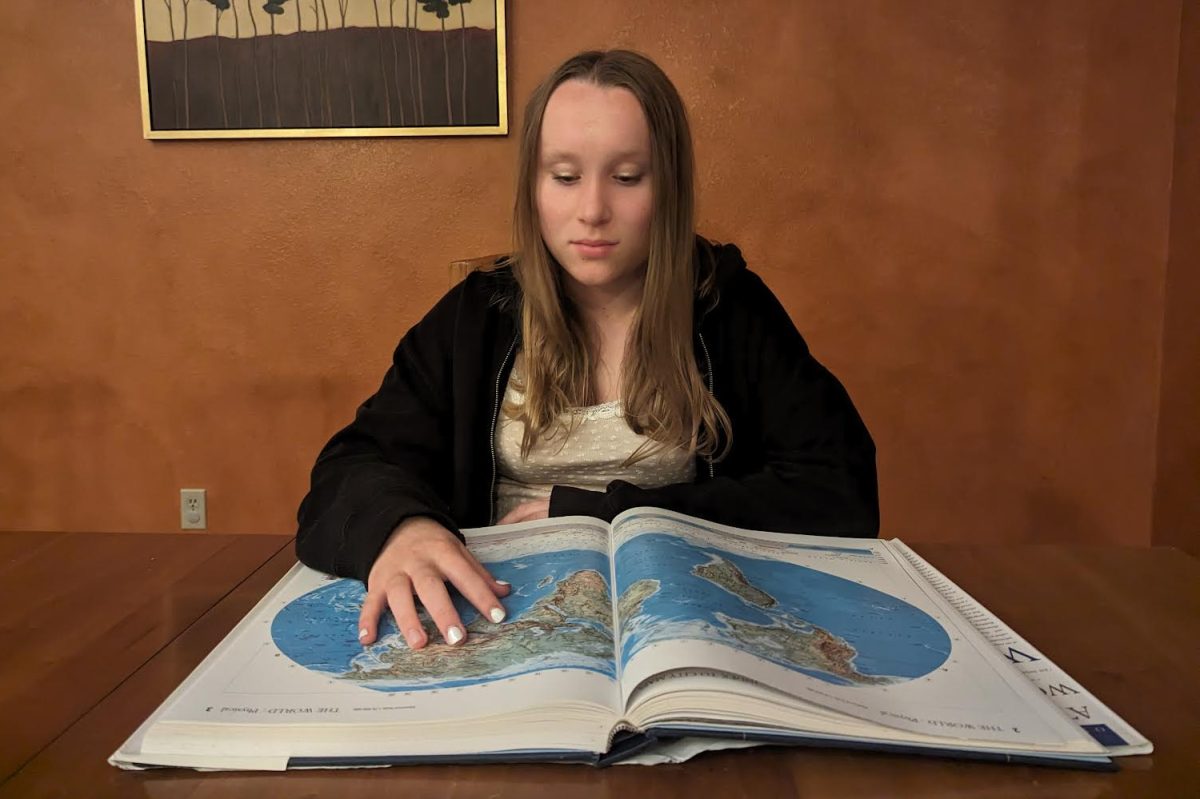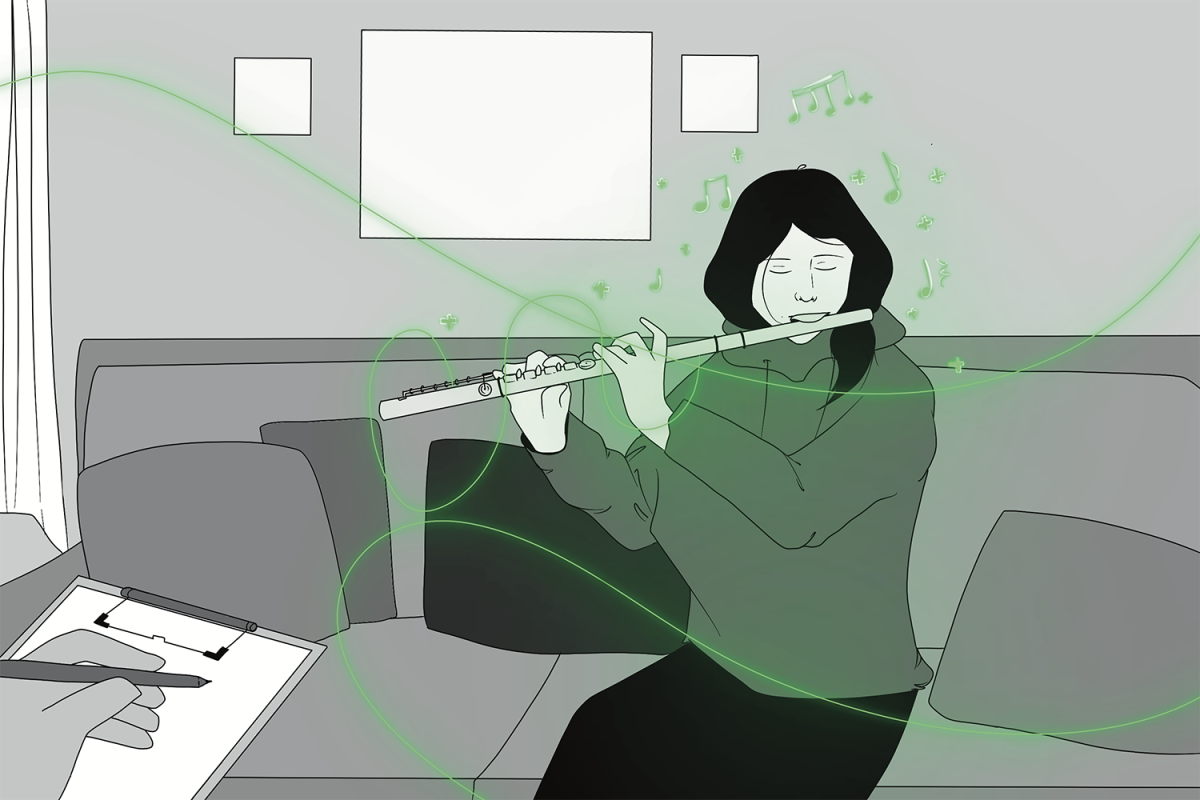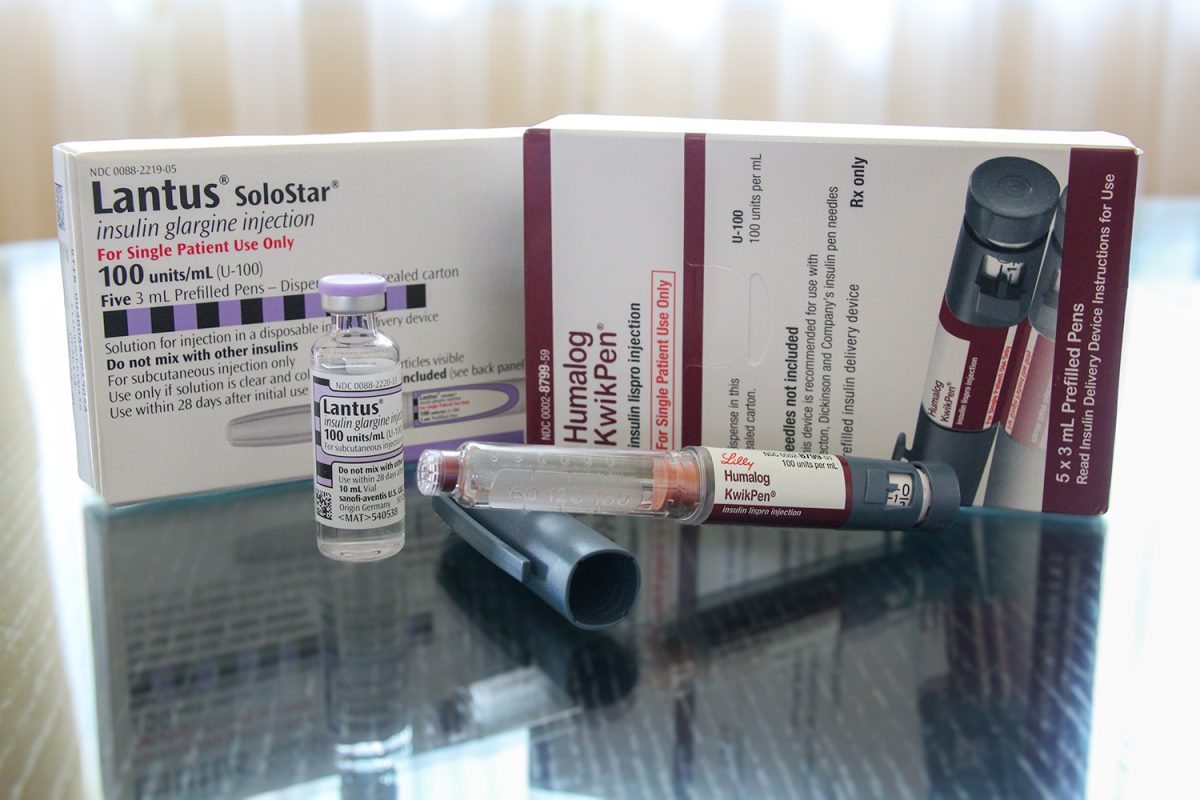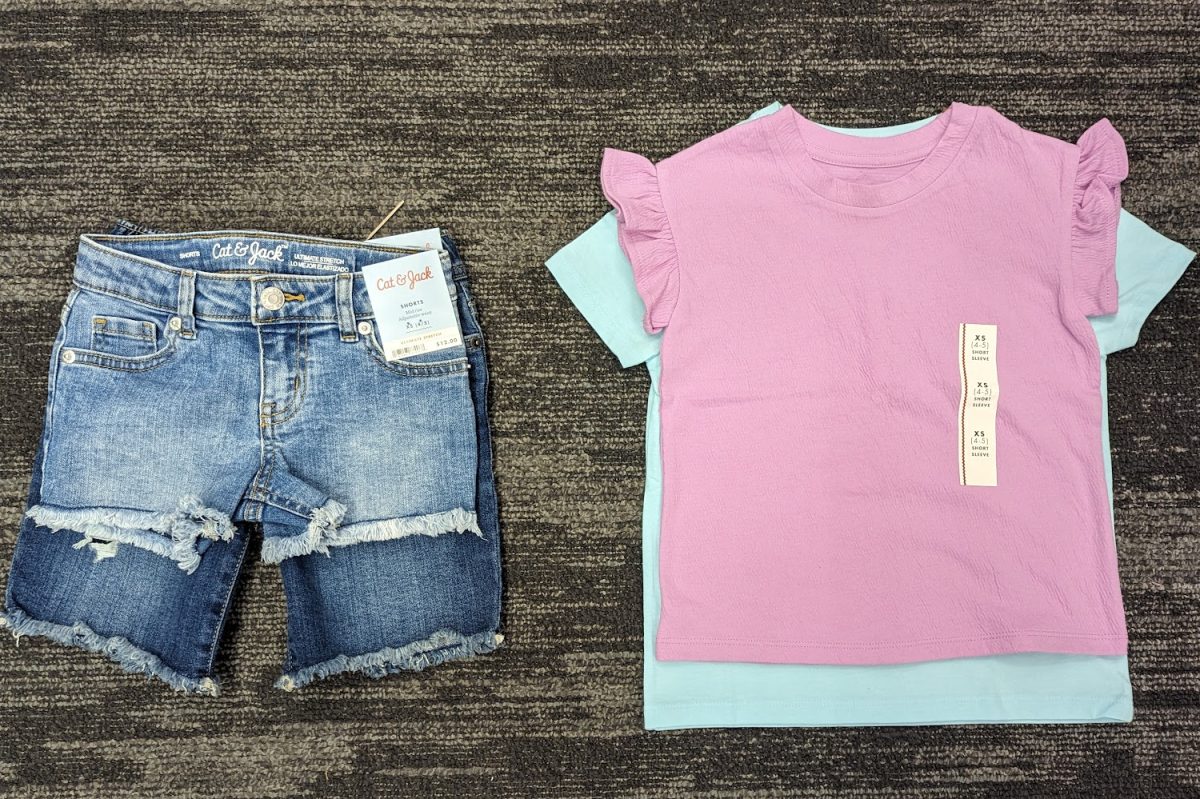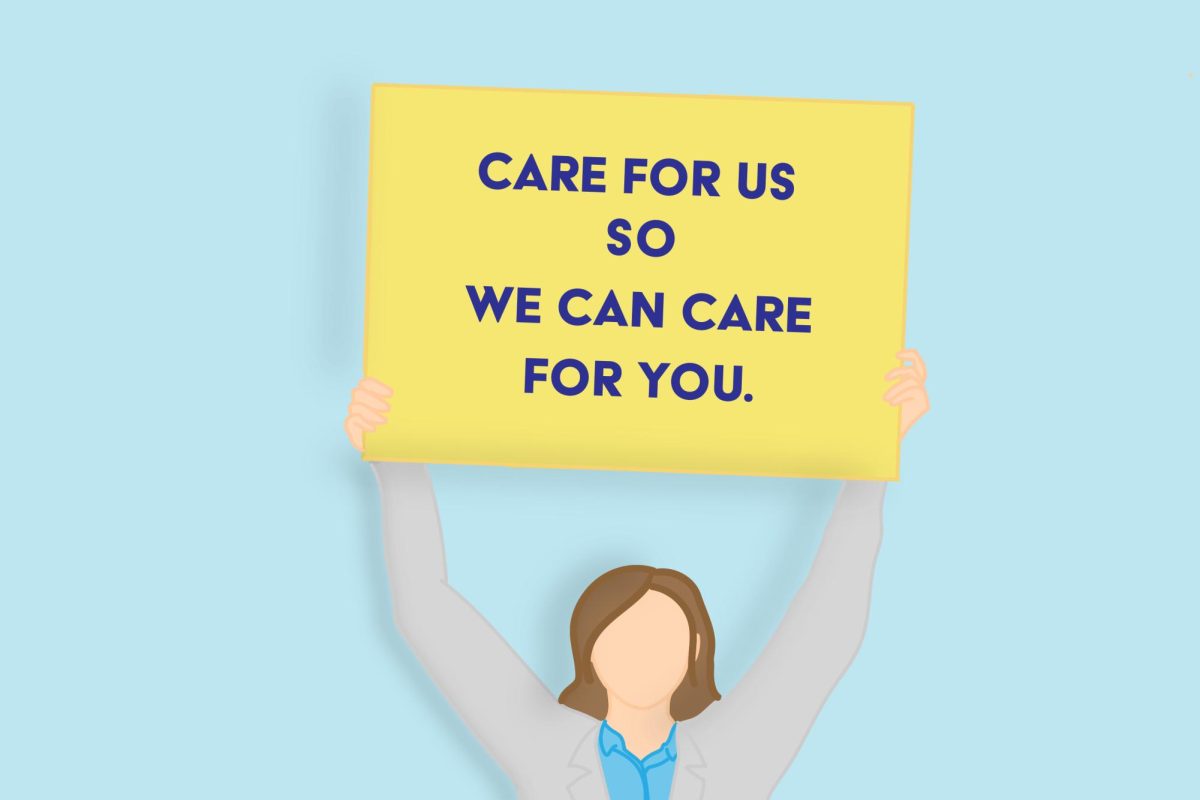Pretty privilege exists. It’s sad, but it’s true.
Pretty privilege is the idea that people who are deemed more attractive receive better treatment and are, therefore, “privileged.” Pretty privilege exists all around us, but it often goes unnoticed.
As a society, we need to talk about it more because pretty privilege is very real and very damaging. Pretty privilege exists for both males and females but is significantly more prominent for females, especially in places like school and the workplace.
Meta-analytic studies have shown that children are perceived to be more intelligent, honest, and driven when deemed attractive. Additional studies have also concluded that students who are considered to be attractive tend to achieve better grades, partly because they are considered to be more intelligent even when they are not.
This beauty bias, also known as lookism, exists in the workplace as well. Frequently, attractive employees may receive promotions or special treatment from other workers. In fact, studies have been conducted that show how less attractive female employees are more likely to get fired than female employees. For example, in one study, “researchers sent 11,000 CVs [curriculum vitaes] to various job openings, including identical CVs accompanied by candidate photographs of different levels of attractiveness. Attractive women and men were much more likely to get a call back for an interview than unattractive (or no-photograph) candidates were.”
Another example of pretty privilege occurring in the workplace is the infamous Abercrombie & Fitch court case. The popular retail store had a “look policy,” which was pushed into the spotlight after their refusal to hire a Muslim woman because she wore a headscarf. It was later revealed that the store’s “look policy” essentially meant that they only hired traditionally attractive applicants, and wearing religious clothing such as a hijab meant that you did not fit the standard.
And finally, the entertainment industry: an environment where pretty privilege thrives. If you go back fifty years, it is clear that pretty privilege existed even then — simply look at the famous women in the entertainment industry. They have always been traditionally attractive — they are never merely average looking, let alone unattractive. And with the rise of social media apps like Tik Tok, it has become easier and easier for pretty privilege to tighten its hold on society.
In today’s world, “pretty people” can post a Tik Tok and go viral overnight. The app’s algorithms will put their videos on peoples’ “For You” pages, and as a result, you can literally become “Tik Tok-famous” overnight. Because of this, many people become famous and earn their incomes purely based on their looks. After all, people on the internet will give you endless amounts of attention, love, and support for simply looking attractive.
It is easy to argue that pretty privilege does not actively harm anybody and therefore does not need to be discussed. However, I disagree.
I think pretty privilege is exceptionally harmful. For those who do not reap the benefits of pretty privilege but then see their “attractive” friends or other people they know receive its advantages, it can be incredibly distressing for their self-confidence, body image, and mental health.
Not only is it harmful to them, but it can also be incredibly damaging to those who do seemingly reap the benefits of lookism, as it promotes the objectification and sexualization of the person. Further, it may make them feel inferior to others, as they might think that people care more about how they look than who they are as a person. Or, in the workplace, people might view them at face value and as nothing more than a pretty face, rather than valuing them for their qualifications.
Ultimately, pretty privilege is a very real problem, and our society as a whole needs to take accountability and start talking about it.

